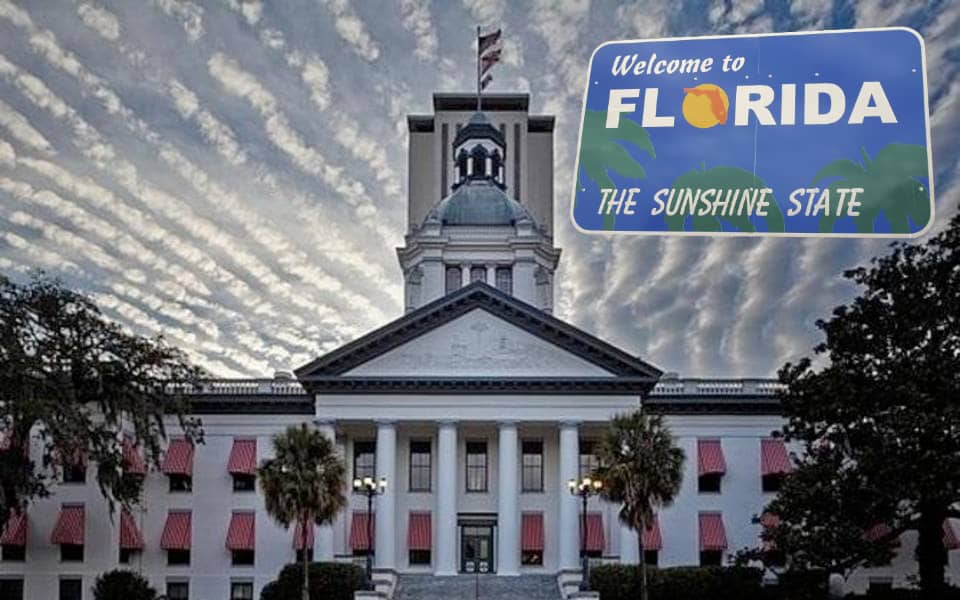Florida bills propose more state-backed reinsurance, no one-way attorney fees, no AOB

Florida’s lawmakers meet this week in a Special Session of the legislature that will have a significant focus on passing reforms to its pressured and often seen as dysfunctional property insurance market.
Bills were posted Friday outlining really significant changes to property insurance related law and reforms to some of the areas of the Florida market that have driven the biggest challenges for reinsurance and capital markets.
The details, contained in House and Senate bills HB 1A and SB 2A are particularly extensive, covering well-over 100 pages and attacking many of the issues that have scared off many insurers from the Florida market and reinsurance capital from wanting to be deployed there.
The idea is to curb rate rises for Florida’s homeowners, shore up Florida Citizens and bring stability to the Florida market, while also providing greater confidence to capital and reinsurance markets.
Likely to be the most discussed legislation proposed, is the establishment of the Florida Optional Reinsurance Assistance Program (FORA), which would provide another taxpayer backed source of reinsurance below the FHCF, to help carriers that struggle to renew their coverage.
FORA will offer four layers of reinsurance that sit below the FHCF, with layers 1 through 3 only available to RAP insurers, the 4th layer being available to all.
FORA will provide, if enacted, a $1 billion, in aggregate, maximum layer of reinsurance to the industry, alongside the $2 billion RAP (Reinsurance to Assist Policyholders) Fund that was made into law during May’s Special Session this year.
The idea, with FORA, is to help carriers that are struggling to buy lower-layer reinsurance coverage, through subsidised and taxpayer supported arrangements.
Onto the perhaps more meaningful two proposals to completely eliminate one-way attorney fees and to abolish assignment of benefits (AOB’s).
These two reforms could make a significant difference in preventing fraudulent and inflated claims driving loss creep through to insurers and on to the reinsurance market. They are perceived as key drivers of litigation and claims inflation by re/insurers.
As a result, these could be two particularly contested proposed measures, but also among the most welcome for the chances of reforming Florida’s property insurance market to the degree that major carriers and reinsurance capital gain significant new confidence in the state as a place to do business.
In addition the bills look to support Florida Citizens and also drive policyholders out of the insurer of last resort and back to the private market through depopulation.
While further measures focus on improving industry claims processes, reducing the time limits around filing claims and supplemental claims, empowering the Office of Insurance Regulation (OIR) to take more action on insurers, and reducing the time frame an insurer must inspect a property claim within.
There is a lot more in the bills and getting through it all and passing it will be a challenge within a one-week Special Session this week.
Some of the measures are likely to face some opposition as well, so there are no guarantees it all gets through and ends up as law.
From the industry’s point of view, the two main issues of one-way attorney fees and assignment of benefits (AOB) are critical and will be watched closely to see if they stay in and end up enacted.
If they do, this Special Session could provide a framework on top of which Florida’s property insurance market can heal itself.
That won’t happen overnight, but these ambitious bills seem to contain at least some of the measures that really matter and can make that difference, which is a good starting point.
Read all of our news and analysis on the Florida insurance and reinsurance market.






